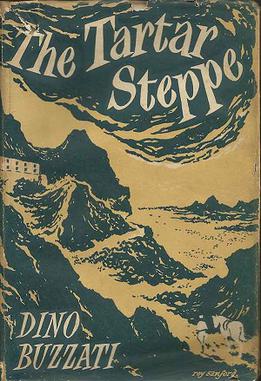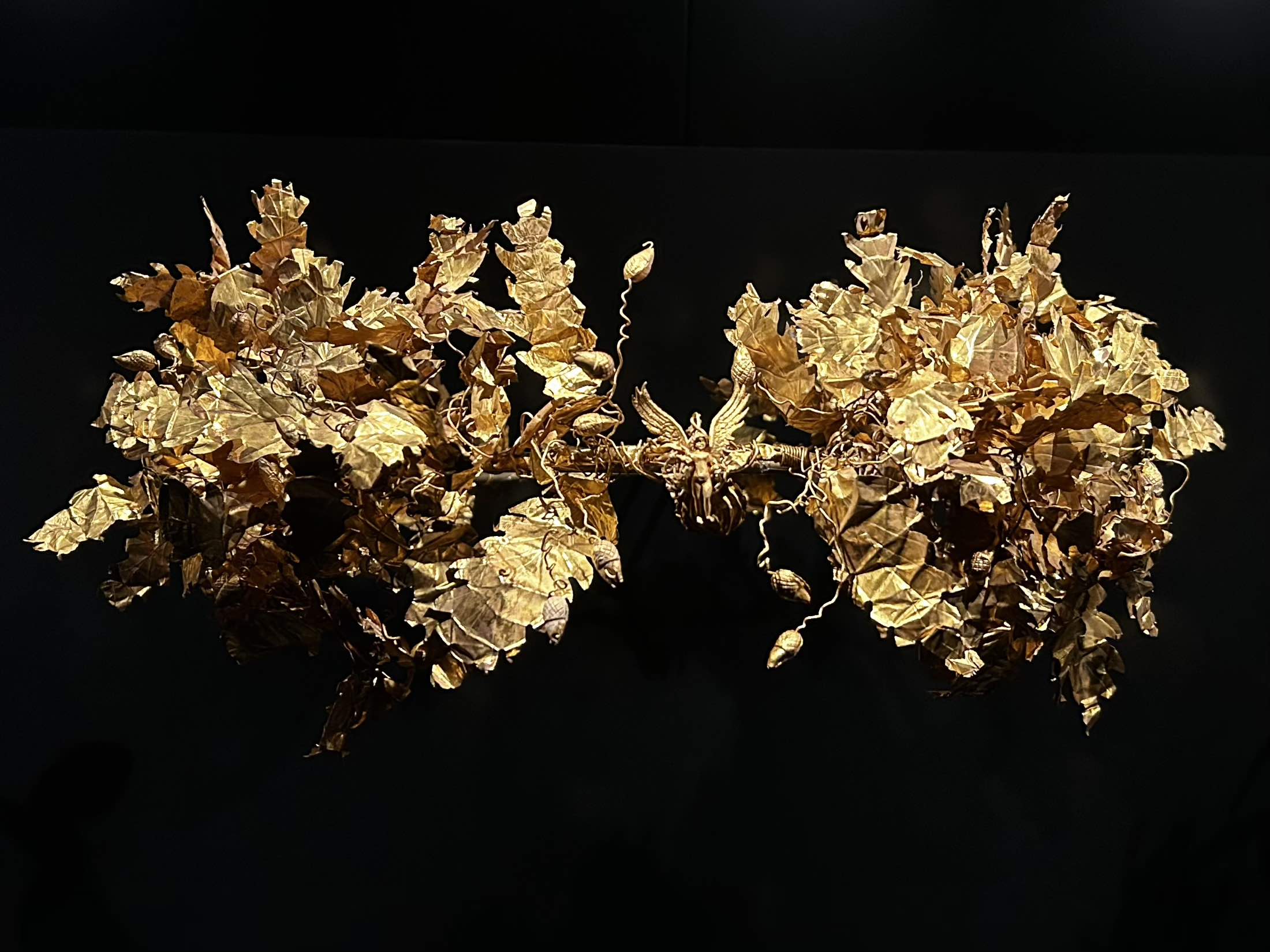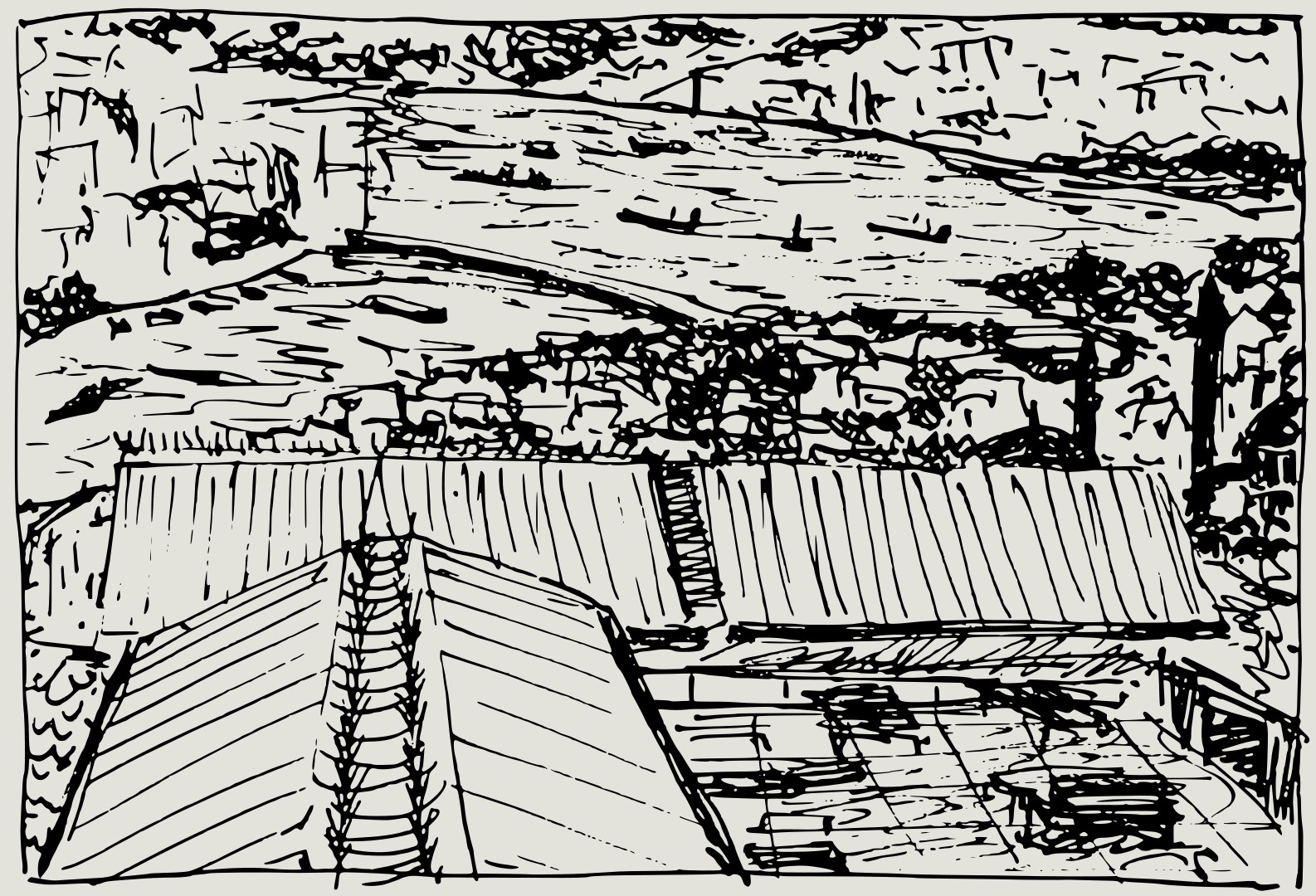The Tartar Steppe
I finished The Tartar Steppe by Dino Buzzati today. It was the most disturbing book I’ve read in quite some time—not because it depicted gruesome scenes or anything, but because it resonated with me at this particular time in my life. I don’t quite know how to put it. It’s a book about waiting and waiting and waiting, while life passes by.

The protagonist is appointed to a run-down fringe castle as an army officer, full of high hopes. He dreams of a prestigious career in the army, a pleasant life in the city, and marrying a beautiful woman to start a family. This appointment seems to him only a small inconvenience on the way to his better life. After all, he is still young and has many years ahead of him.
But, as you may guess, the castle has its own plans. Everyone there seems to be waiting for the defining moment of their lives: the invasion that might come from the desert in the north. He meets other officers—some new like him, some old, some who have been waiting ten, fifteen years, or even a lifetime. At first, it all seems absurd to him, and he decides he will leave as soon as possible. But as the months pass, he too falls under the spell of the castle.
So far removed from the city, the fortress imposes its own rhythm of life. He begins to think in its terms. Waiting for the never-coming invasion becomes an obsession, and then simply his life. Each time an opportunity arises to leave, he tells himself he is still young and has years ahead. Until, at last, he is an old man, barely able to move, still waiting.
At first, it was the long wait that disturbed me. And it should be disturbing to any young person who endures unpleasant times while hoping for something better in the future. But the most troubling part, for me, was the paralysis of decision the protagonist must have felt each time an opportunity to leave arose—the indecision between continuing to believe in the long wait and starting something new. At one point in the book, the protagonist actually leaves the castle, only to find that the life he once had in the city has become unfamiliar to him.
It is not so simple, though. At first glance, that long wait seems like an imprudent decision on the protagonist’s part. But the coin has two sides: the wait gives his life a meaning, however wearisome. His life may have passed him by with all its possibilities—most of them likely better than the one he actually lived—but perhaps the important thing is not whether those possibilities were realized, but that his life passed at all.
The novel as a whole was fine. But was it really good that I read it? Or should I have spent that time on something else? Each time I picked it back up, did the choice to continue lead to a better outcome than the paths I left behind?
One thing’s for sure: I won’t be reading anything existential again for at least two years.

